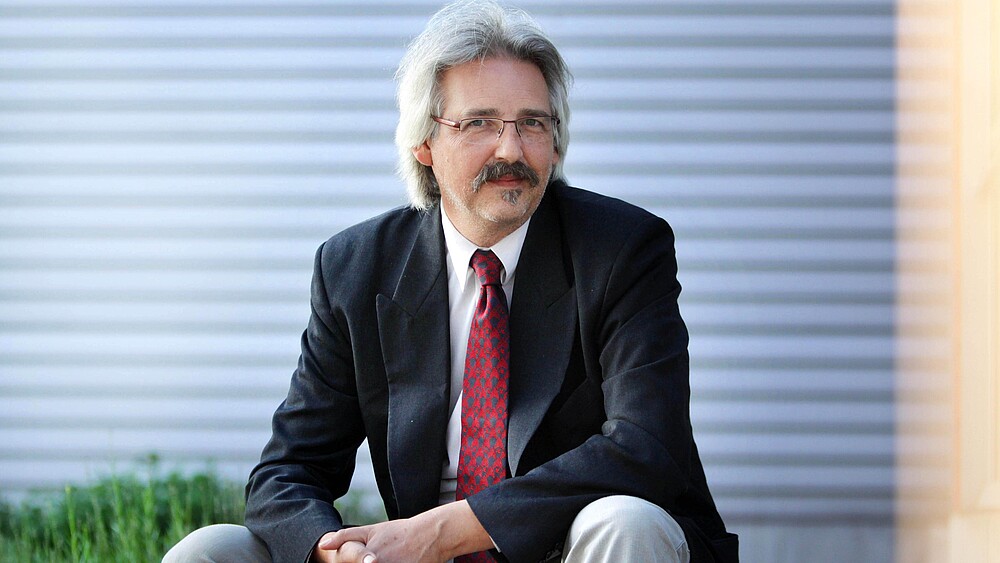Report on the dialog project "Strengthening resilience in medium-sized cities - information exchange between regional stakeholders (SRMS)"

The whole of Saxony benefits from a strengthening so-called rural area (meaning the essentially urban territory of the districts; it would be better to speak of a "rural district area") with its two thirds of the Saxon population. Prof. Matthias Theodor Vogt, Professor of Cultural Policy at the university, and his co-authors investigated the current qualitative problems of demographic development in the dialog project"Strengthening resilience in medium-sized towns - information exchange between regional players (SRMS)". They were supported by the Saxon State Chancellery.
Not passing on culture and not communicating it - for example due to the lack of local elites - can lead to significant downward spirals. This is exemplified by the sometimes problematic ideas of young people in Upper Lusatia and the lack of or problematic regional identity that emerged in the stakeholder interviews.
Culture is fundamental to resilience because it promotes intellectual openness (variability), reduces dependency on the traditional and counteracts mainstreaming that is detrimental to innovation (diversity). It promotes social capital, allows things to take root in the traditional and insures against innovation idolatry and hyper-innovation. It adds other assessment criteria for a successful life to the dangerous dogma of efficiency: Leisure, deceleration, useful redundancy. This in turn makes it possible to see processes of shrinkage as an opportunity instead of - in line with modernity's guiding narrative of perpetual growth - only seeing a decline. Culture thus also raises the question of political targets: This has been the real political question since antiquity.
It is therefore not impossible that rural areas, especially the innovative medium-sized centers, could become an important laboratory for 'growth-indifferent' forms of coexistence for society as a whole. Culture is central here insofar as it could provide the imaginary worlds and narratives to see the good life in processes other than the usual growth processes.
A strategy is therefore needed to develop culture as a location and resilience factor. Particular attention must be paid to the 'activation' and recognition of the potential and achievements of civil society.
This also involves first of all making it visible (again) that culture can and should be systematically cultivated as a political field in the municipalities. This would be the prerequisite for desirable strategic concepts at local level. Gathering examples of good practice seems particularly suitable for this purpose. Practice can only be replaced by practice. Perhaps then it will also become clear what can be done to counter the commercialization of youth culture.
Specifically, the authors suggest carrying out a pilot project in the Free State of Saxony entitled "Strengthening resilience by linking spatial and cultural policy" for rural areas in Saxony.
Matthias Theodor Vogt, Frank Feuerbach, Kai Kranich, Veronika Valvodová
in collaboration with Erik Fritzsche, Wolfgang Zettwitz and others
Report on the dialog project "Strengthening resilience in medium-sized towns - information exchange between regional stakeholders (SRMS)" supported by the Saxon State Chancellery as part of the Demographic Change funding guideline and the Sparkasse Oberlausitz-Niederschlesien Foundation through the mediation of the district of Görlitz
![]() www.kultur.org/srms
www.kultur.org/srms